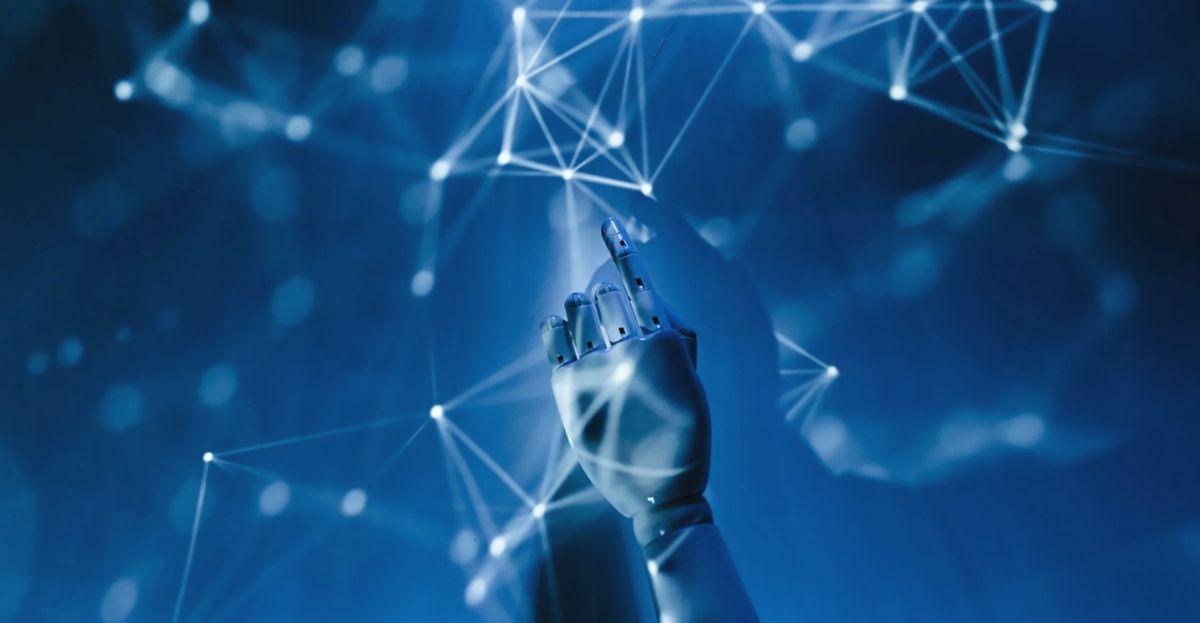How is your company leveraging AI and/or machine learning to improve the HR department’s functions?
With AI and big data becoming more prevalent in HR, businesses are seeing the potential for automation in the hiring process. A study of HR professionals believes that the Role Of AI In HR processes within the next five years.
One area where AI can be particularly helpful is in the screening and assessment of candidates. By automatically generating reports on candidates’ skills, job matches, and behavioral traits, businesses can quickly and easily find candidates who are a good fit for the job and who won’t waste valuable time interviewing.
How Does the HR Department Affect Business
The human resources department is responsible for managing an organization's employee relations and employee recruitment. They also oversee the administration of employee benefits, such as health and life insurance. In addition, the HR department is responsible for conducting employee surveys, investigating workplace complaints, and managing employee records.
How AI Technology Got into HR
Artificial intelligence technology has been getting a lot of attention in the HR field in recent years. There are a number of reasons for this. First, AI can help HR departments automate and improve a number of HR processes, such as employee onboarding, performance reviews, and compensation negotiations. Second, AI can help HR departments identify and address potential HR issues early, which can save the organization time and money down the road.
One of the most common uses of AI in HR is to automate employee onboarding. This process can be time-consuming and error-prone, which is why AI can be such a valuable tool. AI can help HR departments identify all of the employees who will be joining the organization, their roles and responsibilities, and any training or orientation necessary. This information can then be stored in a digital repository, making it easy for HR department to refer to it in the future.
Another common use of AI in HR is performance reviews. These reviews can be a time-consuming
AI for HR Benefits
In the world of human resources, artificial intelligence (AI) is quickly emerging as a powerful tool for automating HR processes and enhancing employee productivity.
The use of AI for HR benefits includes automating the process of employee enrollment, benefits eligibility verification, and compensation administration. It can also help identify and address potential benefits claims, identify and evaluate HR practices, and create customized employee training programs.
While there are many different AI-powered HR benefits platforms available, some of the most popular include:
1. Workday: Workday is a leading provider of HR software and services. Its platform includes a suite of tools for automating HR processes, including benefits enrollment, eligibility verification, and compensation administration.
2. Hootsuite: Hootsuite is a social media management platform that also offers HR tools. Its platform includes a suite of tools for automating HR processes, including benefits enrollment, eligibility verification, and compensation administration.
Risks of Using AI in HR
When it comes to artificial intelligence (AI), there are many risks associated with its use in human resources (HR). These risks can include inaccurate HR data, disruption of HR processes, and cyberattacks.
Accurate HR data is essential for managing employee performance and tracking employee progression. However, if AI is used to collect this data, it could be inaccurate. This is because AI is not able to distinguish between genuine comments and feedback and automated responses. This could lead to inaccurate HR data, which could then be used to make decisions about an employee's career progression.
Disruption of HR processes can also occur if AI is used to collect HR data. This is because AI is able to process large amounts of data quickly and efficiently. If this data is used to make decisions about an employee's career progression, it could disrupt the HR process. This could lead to mistakes being made, which could have a negative impact on an employee's career.





